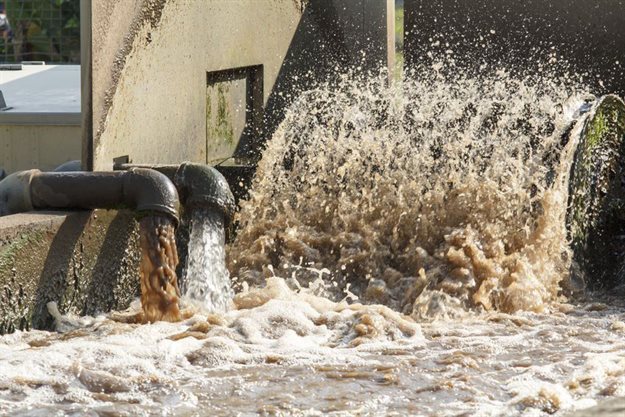SA may need Covid-19 wastewater, water quality surveillance programme

To date, the wastewater-based epidemiology approach has been successfully piloted in developed countries where there is wide coverage of waterborne sanitation, such as the Netherlands, United States of America, etc. However, given the varied water and sanitation services delivery mechanisms in South Africa (and lack of), we are in a unique position to pioneer the development and piloting of an all-encompassing water and sanitation-focused approach for the surveillance of Covid-19 spread in less developed communities.
Risk hotpot mapping
Risk hotpot mapping has proven to be an effective preparedness strategy in previous complex and dynamic extreme disaster events. This approach is now being replicated in an epidemiological risk context and adopted by most of the affected countries. It allows the countries to visualise Covid-19 incidences through timelines in specific geographical locations. The identification of dynamic risk hotspots allows countries to facilitate critical, risk-informed interventions that suppress the exponential spread of the virus. The Covid-19 pandemic poses wide-ranging challenges ranging from the need of early-detection to preventive actions such as containment and isolation. Rapid action is vital to outpace Covid-19.
While the developed world’s focus is that of safety of water services personnel and using this virus as a marker to determine the prevalence and health of their residents, for a developing country like South Afric,a understanding the fate of the virus in water is of significance since we have the situation where many of our communities in rural, dense and informal settlements are highly vulnerable since they have intermittent water supply, are living in non-sewered and not proper drained environments. This puts them and their environment at higher risk and thus with this knowledge, we would as a nation be able to institute the measures which would eliminate any risk pathways of concern which will emerge from this pandemic.
Water Quality National Surveillance Programme
In response, the Water Research Commission in partnership with SALGA, is leading the Water Quality (wastewater and non-sewer) National Surveillance Programme aimed to complement national initiatives in dealing with the pandemic. The intent of this programme is to pilot and facilitate the implementation of a nationwide initiative for the surveillance of Covid-19 spread in South African communities using a water and sanitation-focused approach as means of supporting the current Covid-19 surveillance initiatives, and also to serve as an early warning for the resurgence of the virus and other waterborne disease outbreaks. For this reason, implementation of the wastewater surveillance initiative will follow a three-phased approach with phase one being the proof of concept aimed at optimising sample design, testing and fine-tuning sampling protocol, preliminary sampling and analysis of wastewater samples from selected metropolitan cities. This will be followed by phase two – pilot-scale monitoring where partnerships for monitoring will be established and will see the commissioning of a collaborative monitoring initiative in provincial hotspots (Gauteng, KwaZulu-Natal and Western Cape) using the sampling and testing protocols developed in phase one. Phase three – once partnerships with capable and compliant laboratories have been formalised, the Water Research Commission and partners will coordinate the implementation of the national programme.
Extracting Covid-19 RNA signals
As part of the first phase proof of concept, the WRC appointed a consortium led by Waterlab with University of Pretoria and CSIR. In its first few weeks of lab setup, sample collection and testing was carried out from selected wastewater plants in Gauteng in the current hotpot areas. The studies were successful in extracting the Covid-19 RNA signals in most of the samples. The tests are undergoing repetition to arrive at conclusive results, which improves the testing protocols. Several other partners and similar initiatives are in progress around the country led by the Water Chamber, CoCT, UCT, DUT, NICD, Umgeni Water, Aurecon, and others. This is very encouraging as it builds on the body of work and capacity required to undertake this mammoth task. All these partners have also been successful in finding the RNA signal in the testing they have conducted on wastewater samples around the country. This is indeed an important and significant development.
To constrain the fast-spreading pandemic of Covid-19, speed is essential. Preparedness measures must outpace the pace of transmission. One key measure is to rapidly identify infected people so they can be quarantined and treated. Resource limitations will be in play as the virus peaks, which may affect mass-screening programmes. This will become a huge challenge as the pandemic peaks and more intervention is required. This is where the wastewater surveillance will be most effective in complementing other health interventions.








